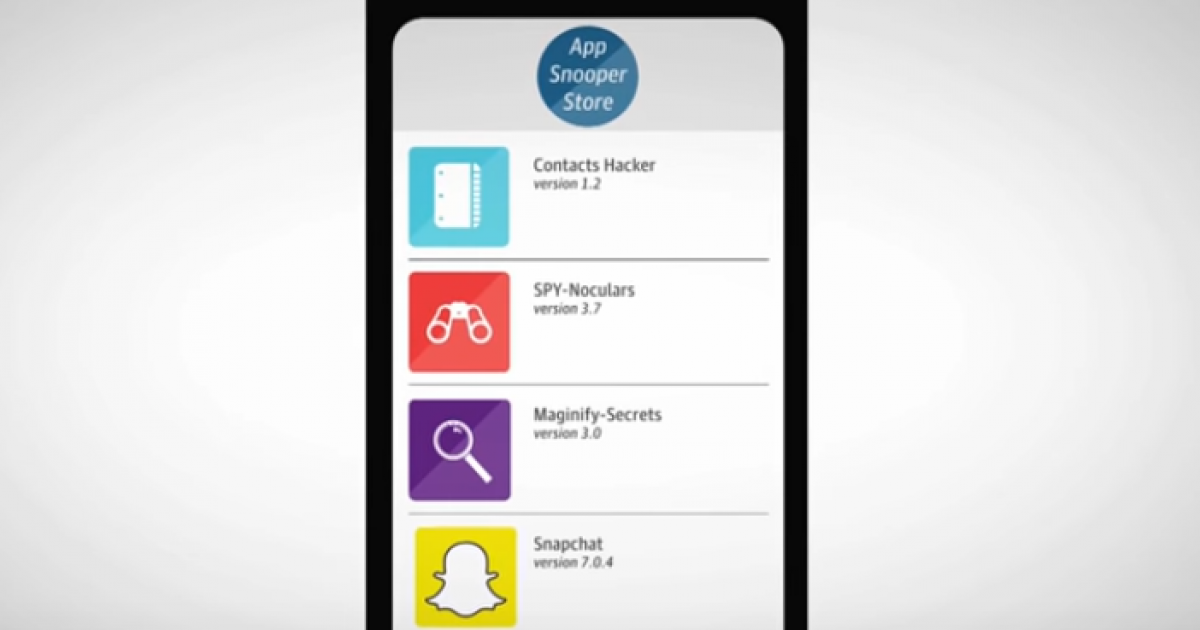
American universities are turning their students’ phones into surveillance devices.
Now, thousands of students’ locations are being tracked.
According to a Washington Post report, a Syracuse University Introduction to Information Technologies class is using the SpotterEDU app to track students.
The piece notes that students can “boost their ‘attendance points’” by connecting to this app.
When the students skip class, “The SpotterEDU app sees that, too, logging their absence into a campus database that tracks them over time and can sink their grade. It also alerts Rubin, who later contacts students to ask where they’ve been.”
As a result, Rubin’s class has been routinely full.
“They want those points,” Rubin said. “They know I’m watching and acting on it. So, behaviorally, they change.”
Now this model of short-range phone sensors and campuswide WiFi networks are being transplanted to colleges across the nation to track hundreds of thousands of students in an unprecedented manner.
Some professors have voiced concerns about this approach and believe it is an intrusive form of technology that infringes on their students’ privacy rights.
They argue that these tracking systems “will infantilize students in the very place where they’re expected to grow into adults, further training them to see surveillance as a normal part of living, whether they like it or not.”
“We’re adults. Do we really need to be tracked?” said Robby Pfeifer, a sophomore at Virginia Commonwealth University, which recently began tracking the attendance of the student body connected to the university’s WiFi network. “Why is this necessary? How does this benefit us? … And is it just going to keep progressing until we’re micromanaged every second of the day?”
The aforementioned style of surveillance is typical for many Americans who have a host of “cameras, sensors and microphones, wired to an online backbone” that can track people’s activity and location with alarming precision.
According to surveys, many Americans approve of such technological encroachments “because it often feels like something else: a trade-off of future worries for the immediacy of convenience, comfort and ease.”
One college adviser questioned, “If a tracking system can make students be better, isn’t that a good thing?”
Other students have questioned the use of this technology:
“Graduates will be well prepared … to embrace 24/7 government tracking and social credit systems,” one user on the Slashdot message board commented. “Building technology was a lot more fun before it went all 1984.”
Although universities can experiment with whatever policies they please, the use of such surveillance policies should make us wonder why such incentives have to be put in place to get students to go to class. It was never like this in previous times.
Ideally, universities would have professors that provide engaging, educational instruction that keeps their students in class without having to use technological gimmicks to guarantee attendance.



